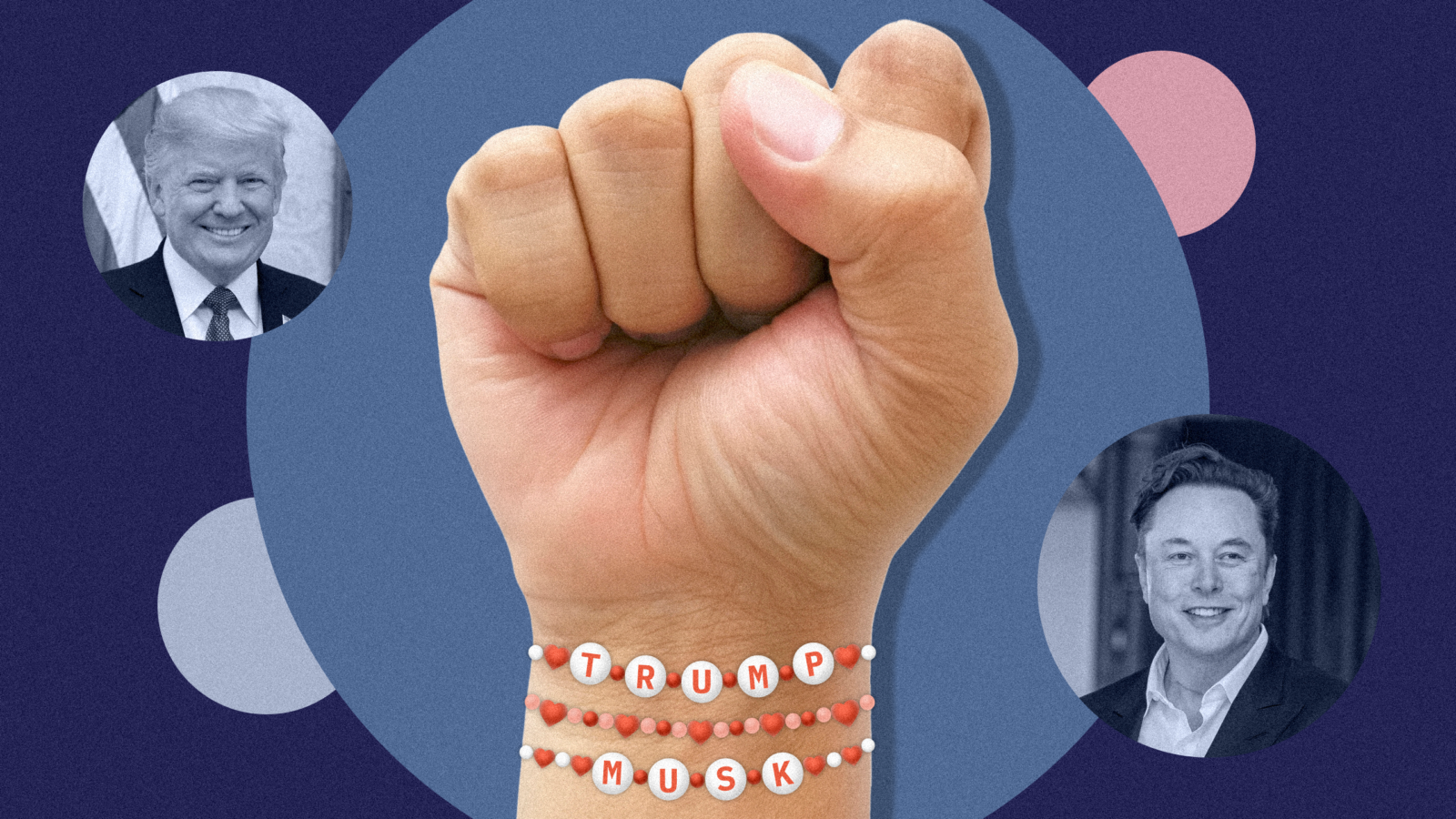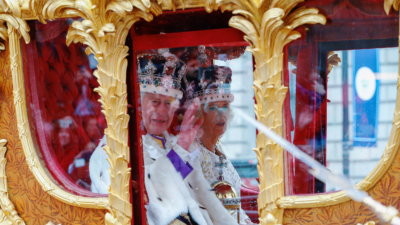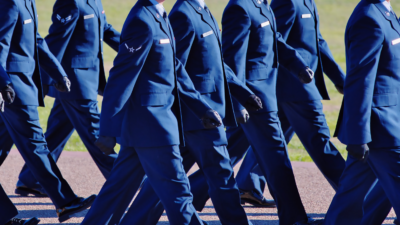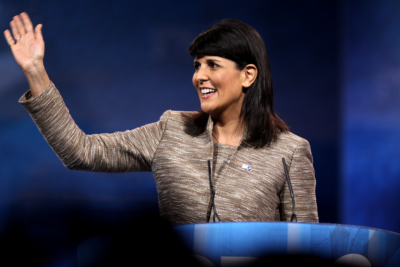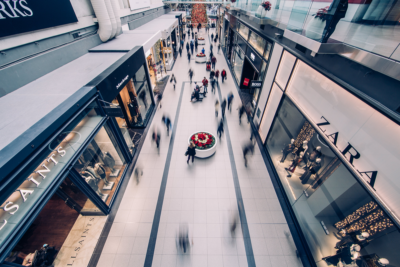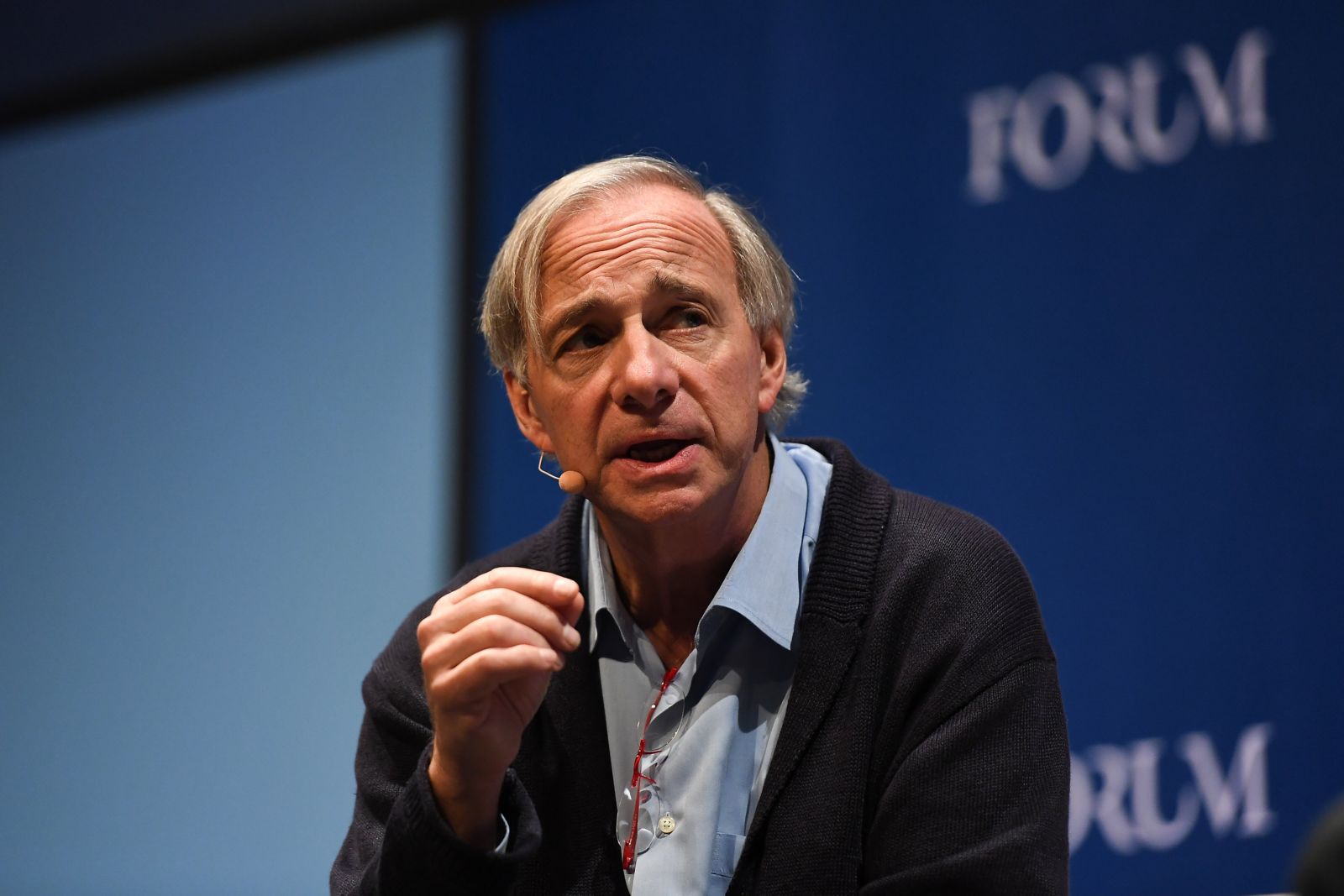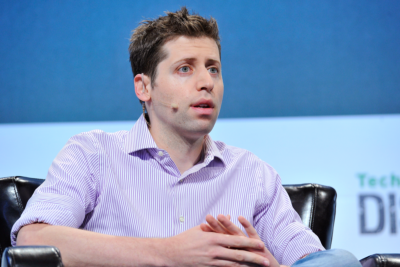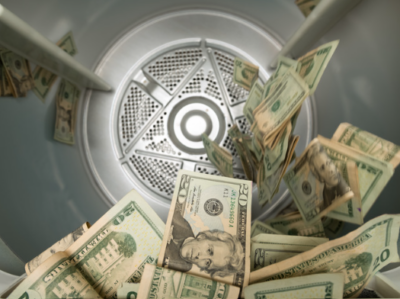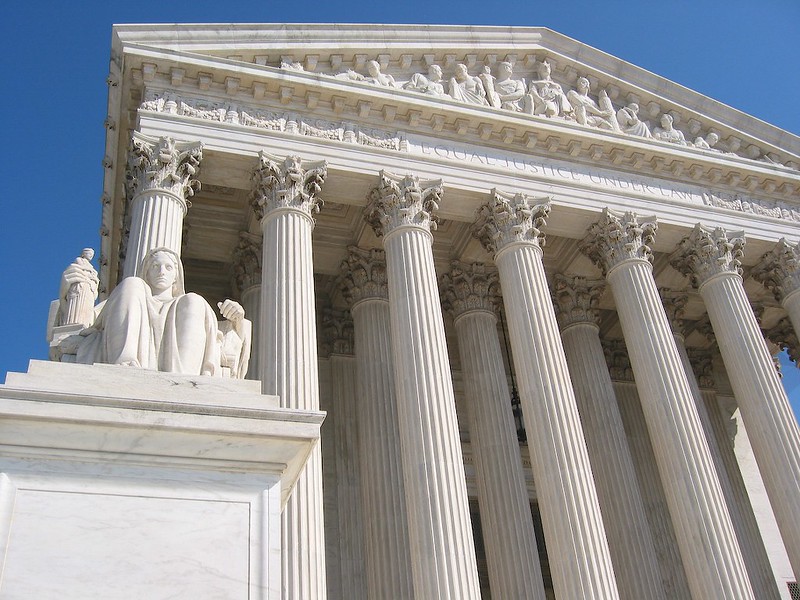
Sign up to unveil the relationship between Wall Street and Washington.
The March 18 announcement by former president Donald J. Trump that his arrest was imminent has proven to be perhaps a little hasty. Yet he once again managed to hustle the press and own the news cycle, touching off a media storm that likely won’t die down until he is indicted, or the case is dropped. Either way, the situation has already become an international embarrassment.
It is unclear whether Trump’s faulty prediction of his arrest last week was the result of some bad information or a just compulsion to whip up his fans. But the media circus on Center Street in downtown New York, where a grand jury is hearing from witnesses in a hush money case against Trump, has already reached cinematic proportions, with protesters and journalists alike jostling for a closer look.
As Power Corridor has already reported, the case against Trump turns on allegations that the former president failed to properly account for a $130,000 payment to former stripper and pornographic film actress Stormy Daniels (real name: Stephanie Clifford). Any criminal charges brought by Manhattan district attorney Alan Bragg could be upgraded from a misdemeanor to a felony if they extend to the falsification of business records to cover up an illegal campaign-finance donation.
Crucial to the indictment will be how much Trump really knew about the use of funds and the handling of his business records. Trump has admitted to authorizing the hush money payment to Daniels ahead of his 2016 election as president of the United States, but denies her claims they had a sexual relationship.
The grand jury could vote to indict Trump within days, but the Manhattan grand jury process can be highly unpredictable, so determining the exact timing is difficult. A grand jury, which comprises a group of citizens given substantial legal powers, is set up by a prosecutor to determine if there is probable cause to believe a person has committed a crime and should be put on trial. If the jury finds there is enough evidence, an indictment could be issued against Trump.
Earlier this week, Trump appeared on Fox News to tell more of his side of the story (we will dispense, for the moment, on how he and Fox managed to stay cozy even as the network’s grandees denounced Trump in private messages leaked amid the ongoing $1.6 billion case between Dominion Voting Systems and Fox). During the interview, he called the possible criminal indictment against him another way to obstruct his chances of being re-elected as U.S. president. “It’s a new way of cheating in elections,” he said. “It’s called election interference.”
This came after Trump posted on his social media channel, Truth Social, in the wee hours of Friday morning attacking Bragg as a “degenerate psychopath that truly hates the USA” and predicting “potential death and destruction” that could be “catastrophic for our country,” if any charges against him go forward.
Trump also shared a photo of himself late last week wielding a baseball bat with another photo alongside it of Bragg holding his hands up, as if to block the blow. Legal analysts suggested the image crossed the line from free speech to a threat, or an incitement of violence, raising the possibility that it could also be seen as an obstruction of justice.
The image has since been taken down. Trump denied calling for violence and blamed the news media for creating the image, claiming he had no part in it. “We posted the story, but they had the picture up,” Trump told Fox News. When questioned whether he understood how such a post could be interpreted negatively, Trump shrugged it off. “That’s the fake news media show, that’s what they do.”
In a surreal twist, the grand jury deliberations on Center Street, which have attracted all manner of Trump activists, onlookers and television crews, is also reportedly the location for filming a follow-up to the Hollywood blockbuster “The Joker.”
The views expressed in this op-ed are solely those of the author and do not necessarily reflect the opinions or policies of The Daily Upside, its editors, or any affiliated entities. Any information provided herein is for informational purposes only and should not be construed as professional advice. Readers are encouraged to seek independent advice or conduct their own research to form their own opinions.
